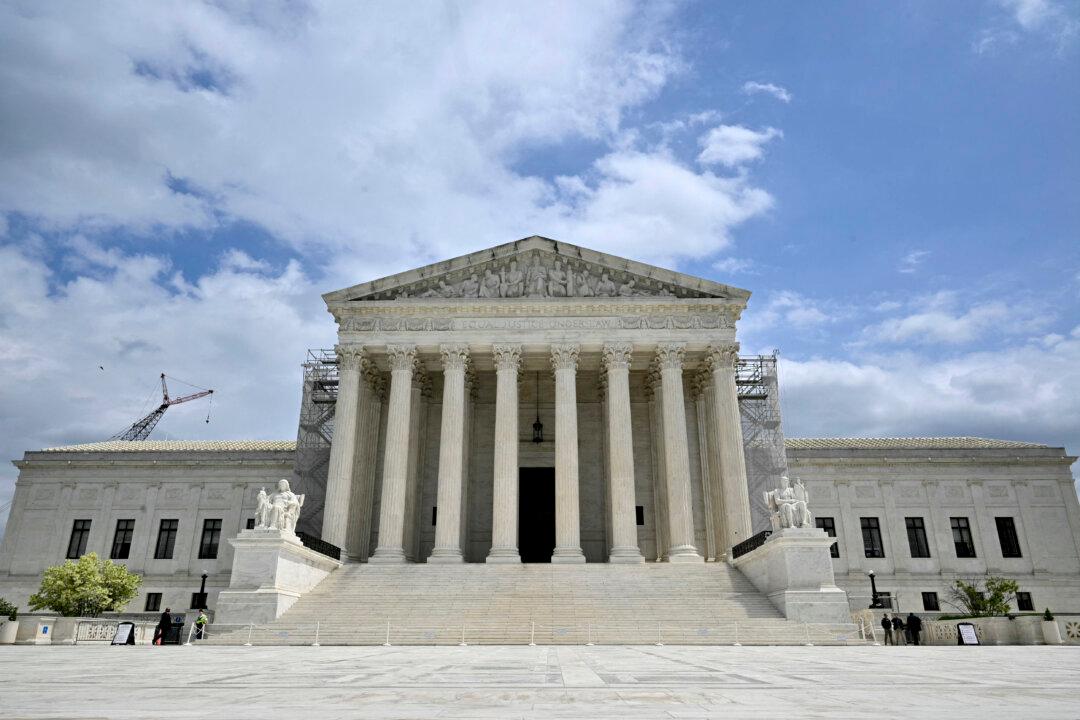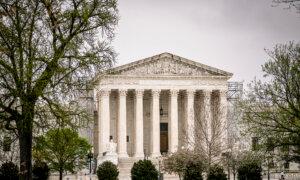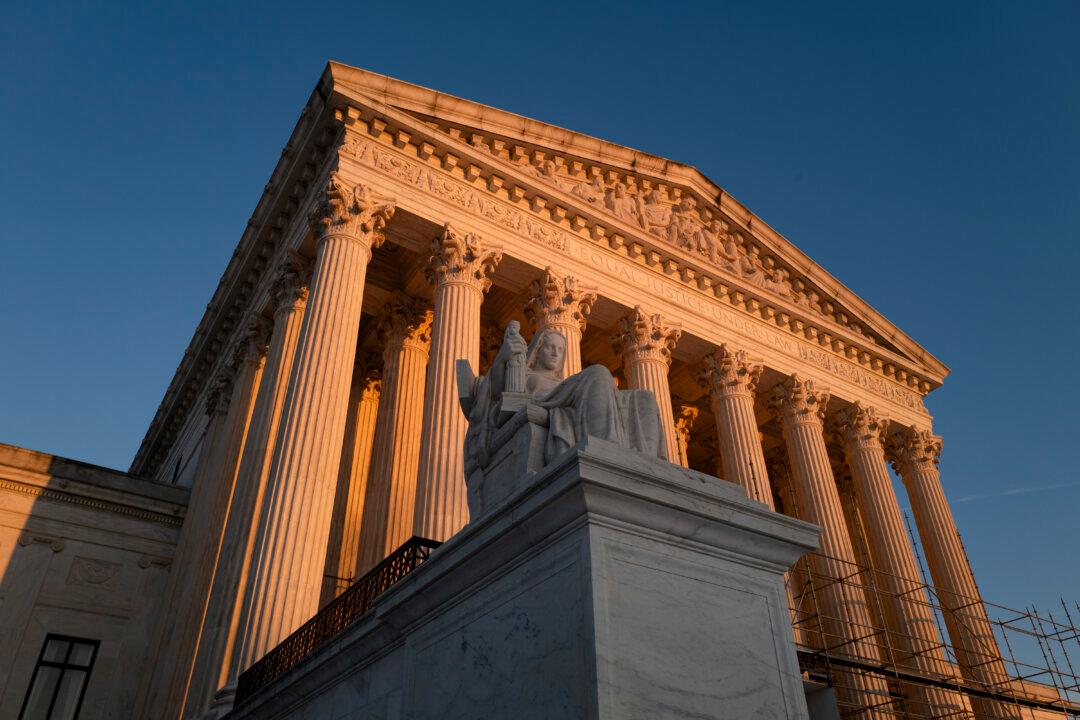The Supreme Court voted on May 15 to direct Louisiana to use a disputed congressional map that creates a second black-majority district in the state in upcoming elections.
Opponents of the redistricting plan said it discriminates against non-black voters, but Louisiana’s Republican secretary of state said not moving forward with the map so close to this year’s elections would cause “chaos.”
The Supreme Court’s new order stays an April 30 order issued by a panel of federal judges in the Western District of Louisiana, which found that the map could not be used in upcoming elections.
The decision may have nationwide political ramifications given the Republicans’ paper-thin majority in the U.S. House of Representatives. Louisiana is home to Speaker Mike Johnson and House Majority Leader Steve Scalise, both Republicans.
Louisiana has six electoral districts in the U.S. House of Representatives. Five of those six seats are now held by Republicans. Republicans occupy both U.S. Senate seats.
The dispute grows out of a redistricting plan approved by the Republican-controlled Louisiana State Legislature that was halted by Judge Shelly Dick of the U.S. District Court for the Middle District of Louisiana. Judge Dick, who was appointed by President Barack Obama, ruled in June 2022 that the map, which provided for one black-majority congressional district, discriminated against black voters, who constitute nearly one-third of the state’s population.
The judge ordered the creation of a second black-majority district to comply with Section 2 of the federal Voting Rights Act. Section 2 prohibits voting practices or procedures that discriminate on the basis of race, color, or membership in a large language minority group.
In November 2023, the U.S. Court of Appeals for the Fifth Circuit directed the Legislature to approve the new map by Jan. 15. The circuit court ruled that if the Legislature missed the deadline, the district court would be free to move forward with a trial in an effort to finalize the map before the 2024 elections.
The new map approved by the Legislature features two black-majority districts. The redistricting plan was criticized by a group of Louisiana voters who described themselves as “non-African American.” They said the map “engaged in explicit, racial segregation of voters.”
That court had set a June 3 deadline for the map to be revised by the Legislature, failing which it would draft its own map. The state asked that court to stay its injunction pending appeal, but it refused to do so.
Attorneys for the state filed an emergency application with the nation’s highest court on May 10, asking it to put the panel’s ruling on hold.
The state invoked the so-called Purcell principle, which holds that federal courts ordinarily should not enjoin state election laws close to an election. The principle came out of the Supreme Court’s 2006 ruling in Purcell v. Gonzalez.
“‘Late judicial tinkering’ is a recipe for disaster,” and in cases like this, the party seeking the electoral change bears an especially heavy burden to “overcome the State’s extraordinarily strong interest in avoiding late, judicially imposed changes to its election laws and procedures,” the application stated.
Under the Purcell principle, the party seeking an electoral change must show that it has a clear-cut case, that it would suffer harm in the absence of an injunction, that it has not delayed going to court, and that the changes sought “are at least feasible without significant cost, confusion, or hardship.”
“These principles overwhelmingly cut in favor of a stay here,” the application continued.
The Supreme Court’s new order came in the emergency applications of Landry v. Callais and Robinson v. Callais, which were directed to Justice Samuel Alito. One applicant is Nancy Landry, Louisiana’s Republican secretary of state. The other parties are activist groups and Louisiana voters.
Justice Alito referred the applications to the full court, which stayed the panel’s order “pending the timely docketing of the appeal in this Court.” The court majority, which left open the possibility of further action in the case, did not explain its decision.
Justices Sonia Sotomayor and Elena Kagan voted to deny the applications for the stay.
Justice Ketanji Brown Jackson also voted against the stay but filed an opinion explaining her reasoning.
She noted that the Voting Rights Act case has been extensively litigated.
“The question of how to elect representatives consistent with our shared commitment to racial equality is among the most consequential we face as a democracy,” Justice Jackson wrote.
Although the state faces a series of deadlines as it prepares for this year’s elections, the justice rejected Louisiana’s argument that the Purcell principle applies.
“There is little risk of voter confusion from a new map being imposed this far out from the November election. In fact, we have often denied stays of redistricting orders issued as close or closer to an election,” she wrote.
“Rather than wading in now, I would have let the District Court’s remedial process run its course before considering whether our emergency intervention was warranted.”







